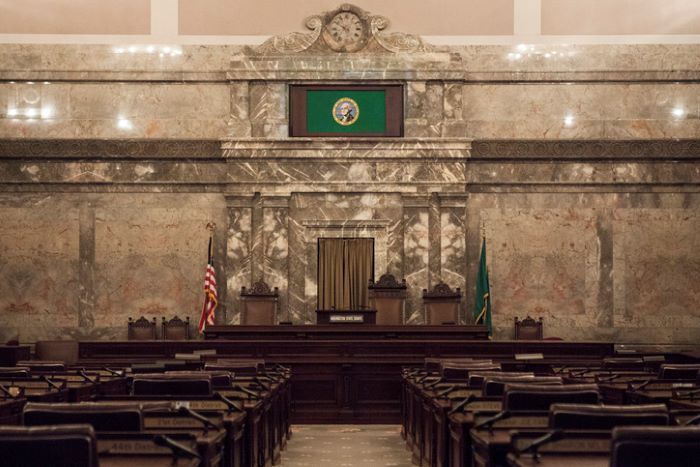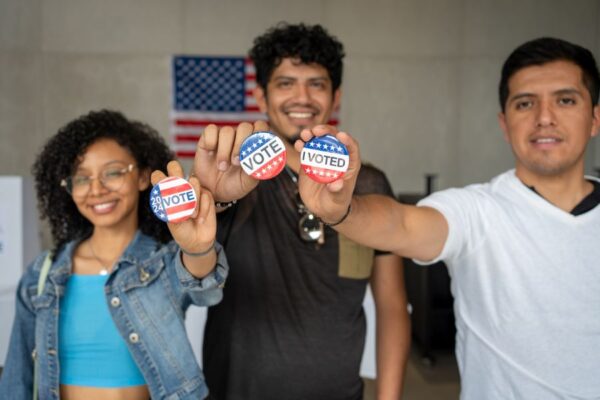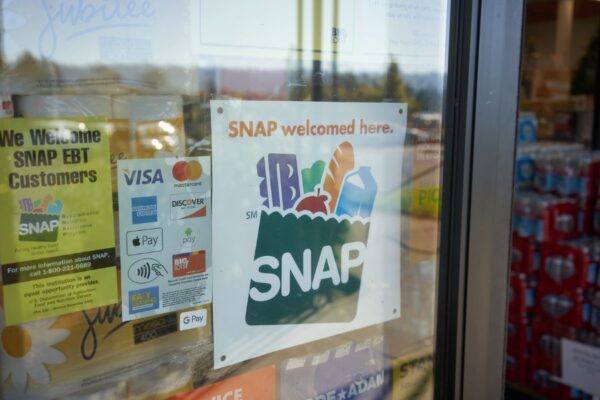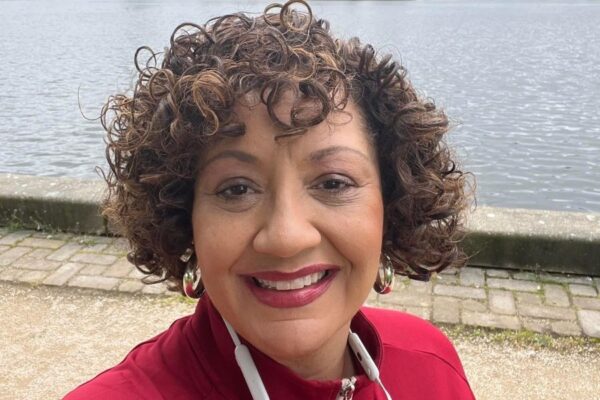So, What Have Your Legislators Been Up To?
This blog post was written by Amanda Sandoval, United Way of King County senior public policy impact manager. Each year, United Way advocates for policies that promote our community’s ability to thrive–especially our Black, Indigenous and other communities of color (BIPOC). To learn more about United Way’s 2023 public policy agenda, click here.
We are almost to the finish line of the 2023 legislative session, with just one week left until the April 23 sine die, which is Latin for “without a day” but is generally referred to as the end of the legislative cycle.
Before getting into the cutoff dates and budgets, let’s focus on some big news: A couple weeks ago the Washington state Supreme Court upheld the capital gains tax passed by the legislature with a 7-2 vote. The capital gains measure, a 7% excise tax on the sale of financial assets such as stocks and bonds, moves our state’s tax system in a more progressive and equitable direction.
The capital gains tax is expected to bring in over $500 million a year in new revenue that will be dedicated funding for affordable early learning, the Working Family Tax Credit and childcare.
With time dwindling and budgets being released and amended, the urgency for communities to advocate for their priorities is at an all-time high. April 12 marked the house cut-off date—the last day in which a bill that is already passed by one chamber must be passed by the opposite chamber. No more bills can be introduced or amended at this point. Bills that have passed both chambers will be reconciled if they were amended differently, and the final step is the governor’s desk.

Both the House and Senate have released their operating and capital budgets, with the Senate being more conservative in its spending and the House spending more on its plans and focusing on racial equity. For example, the House operating budget includes $100 million to provide health care for undocumented adults.
In the coming weeks as budget negotiations commence, communities across the state are hoping the House holds the line on items that will benefit underserved communities. The two chambers will meet to reach a final budget that will be sent to the governor to be signed or vetoed.
The United Way of King County-supported post-secondary basic needs bill has not only passed both chambers but funding for the measure was included in both houses’ budgets. The bill was amended to pass; while some larger schools will receive funding for a full-time navigator to help students access services, smaller schools will receive funding for only a part-time navigator.
In the coming weeks as budget negotiations commence, communities across the state are hoping the House holds the line on items that will benefit underserved communities.
Amanda Sandoval, United Way of King County senior public policy impact manager
Funding for the state Open Doors Youth Re-engagement program was included in the House budget at $1.25 million a year. This will fund 12-month student reengagement statewide and a pilot program in King County for barrier reduction funding, two priorities that United Way has advocated for over the past five years. With Rep. Steve Bergquist (D), a teacher, involved in budget negotiations, we think there’s a good chance this will make it into the final budget even though it isn’t included in the Senate’s budget.
Other measures of note:
- A United Way-supported bill that would have eliminated fines for youth in the juvenile system did not get out of committee, but there was a small budget included to help cover costs of the fines for youth.
- The Eligibility for Working Connections Child Care bill passed both chambers, and the Senate has included $13.2 million to the bill, which will expand eligibility to those in apprenticeship programs and parents in therapeutic court. The bill also prohibits the state Department of Children, Youth and Families from considering immigration status for eligibility.
- The House included $82 million to expand Early Childhood Education and Assistance Program slots and increase rates. The result is there will be at least 18,278 new slots in 2024 and 20,278 in 2025 and it will also raise rates to hire and maintain staff.
- Both the House and Senate include investments in the tribal early learning grant program—$10.3 million in the senate and $5.14 million in the house.
- Free school meals passed both chambers with amendments and the House budget includes $23.4 million, though this isn’t the “free school meals for all” bill United Way and its partners had hoped for, it is a good start; it will expand free school meals to 225 high-poverty elementary schools rather than all schools across the state.
Check back here following the end of session for a legislative wrap up with an analysis of wins and losses.





Comments